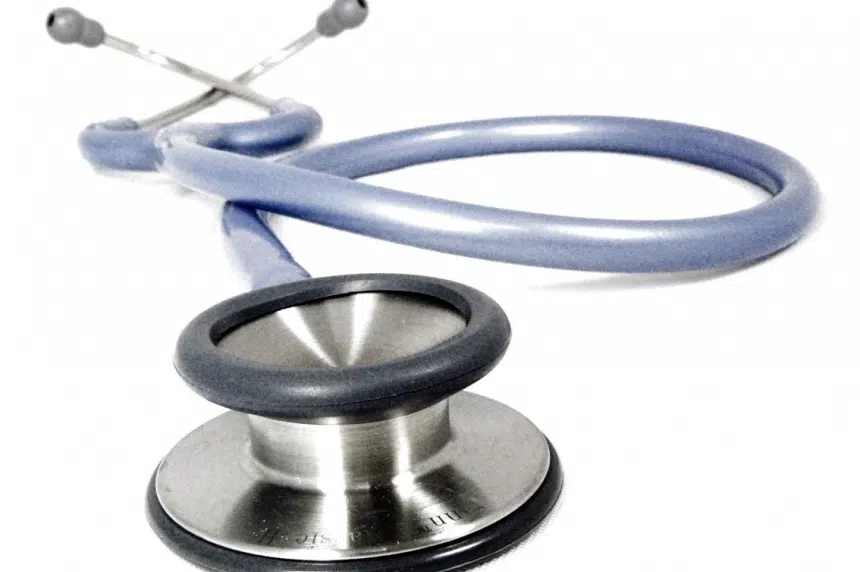As Saskatchewan looks to add more health-care workers, the provincial government says another 15 internationally trained doctors are practising in communities around the province.
In a media release Thursday, the government said the latest recruits under the Saskatchewan International Physician Practice Assessment (SIPPA) program are working in Biggar, Canora, Esterhazy, Fort Qu’Appelle, Humboldt, Kamsack, Kindersley, Lanigan, Melville, North Battleford, Outlook, Preeceville, Shellbrook, Turtleford and Weyburn.
According to the government, 278 internationally trained family physicians are working in the province thanks to the SIPPA program. Of those, 77 per cent are working in rural communities.
“Started in 2011, SIPPA is a made-in-Saskatchewan program that opens doors for family doctors trained in countries around the world,” the government’s release said. “The program assesses internationally educated physicians on their medical education and clinical ability as part of the licensure process to practise medicine in Saskatchewan.
“Through a return-of-service contract, they agree to work in the province for a minimum of three years upon completion of the SIPPA assessment.”
The program assesses physicians three times a year and has an annual capacity of around 45 doctors.
“Providing seamless care as close to home as possible is a key priority for the Saskatchewan Health Authority and the SIPPA program helps us accomplish that,” SHA chief medical officer Dr. Susan Shaw said in the release.
“These new SIPPA graduates, along with the retention of locally trained doctors and those already practising in the province, will strengthen our existing physician work force.”
The announcement comes one day after the provincial government announced it was more than quadrupling the cash incentive for doctors to work in rural and remote communities.
As of April 1, payments under the Rural Physician Incentive Program will increase to $200,000 over five years from their current level of $47,000 over four years. As well, incentives now will be offered to doctors who are practising through the SIPPA program.
The government said it’s also trying to attract doctors by:
- establishing a rural physician locum pool to provide relief to rural doctors and stabilize coverage in rural and remote communities that experience physician vacancies;
- training more doctors in Saskatchewan by expanding medical residency seats from 120 to 128 at the University of Saskatchewan; and
- expanding post-graduate medical residency training sites outside Regina and Saskatoon to Prince Albert, Swift Current, La Ronge, North Battleford, Moose Jaw and southeast areas of the province.
“Doctors coming out of school have a lot of student loans to pay off and some are weighing … their options as to where they want to go … This is something that would help serve as an incentive for them to perhaps pick up practice in rural Saskatchewan,” Rural and Remote Health Minister Everett Hindley told Gormley on Thursday.
Health care in rural Saskatchewan was among the topics raised by delegates during the “bear pit” session with cabinet ministers at the Saskatchewan Association of Rural Municipalities annual convention Wednesday in Saskatoon.
In recent months, some hospitals in rural communities have been forced to close their emergency rooms due to a lack of staffing.











